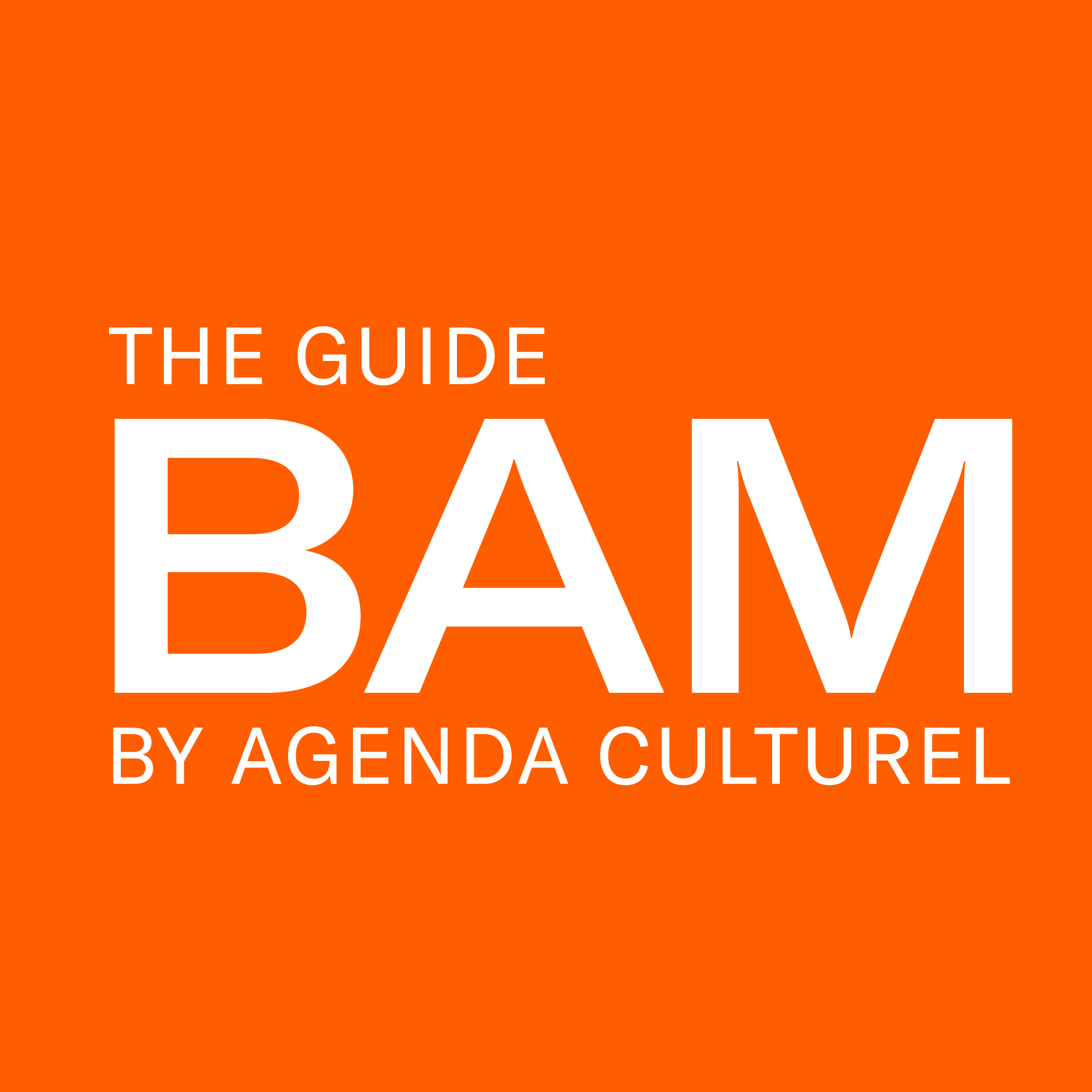- SHOPPING
- traditional handicraft
- cosmetics & self care
Tripoli, Tripoli district
The Sharkass family, originally from the Caucasus, has been based in the Khan since 1803. As a boy, Mahmoud Sharkass admired the art of soap-making and enjoyed assisting his father in the production of soaps. He begged his father to allow him to leave school and, aged 13, Mahmoud took over from his father becoming the seventh generation of soapmaker in his family. Since then, Mahmoud has devoted himself to making natural soaps, made from 100% olive oil. Soapmaking has always been a family business for the Sharkasses. Mahmoud and his son, Ahmed, make the soaps, and his two daughters, Lina and Safa, are responsible for carving the soaps, as well as take care of customer service, sales, and social media presence. The ingredients are key in soapmaking, but one also needs the know-how and a lot of patience. Sharkass soap uses the traditional cold-pressed olive oil, sourced from the regions of Zgharta and Koura. Once ingredients are mixed and heated, the mix is poured into a mould to set. The bloc of soap is then cut up into squared and stacked up to dry for a month. Sharkass soap manufactures approximately 500kg of soap per month. Soap shavings that accumulate on the floor of Mahmoud’s work area are kept and re-used as natural washing powder; Mahmoud’s wife never uses commercial soap or shampoo. There are 10 different flavours to choose from, among them lavender, musk, jasmine, pine, mint, rose, and belle de nuit. Among the most popular items are soap balls, the birds and grapes soaps. The prayer beads tend to be used for decoration. Sharkass soaps are halal.

